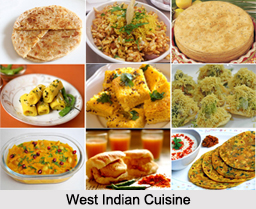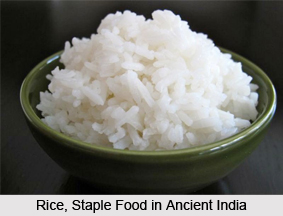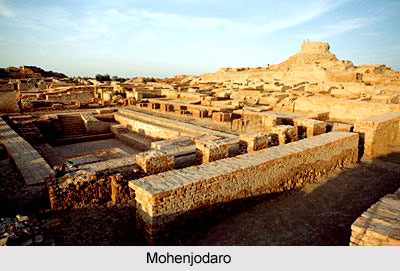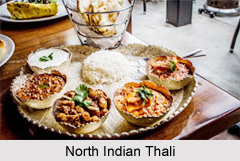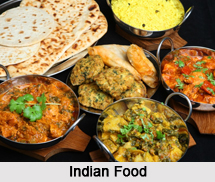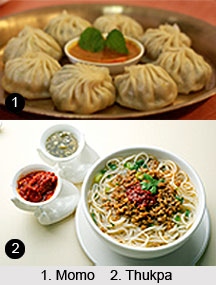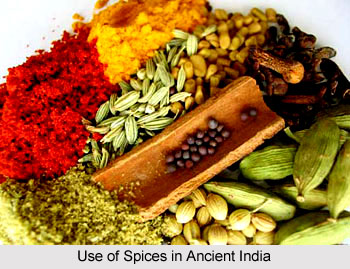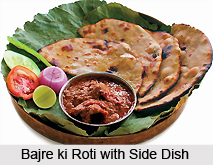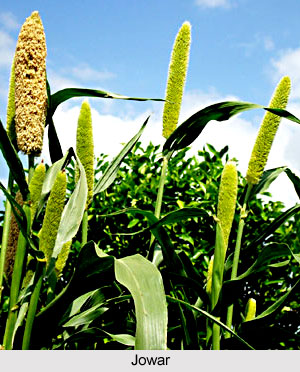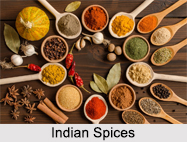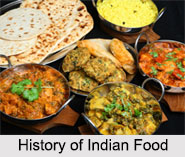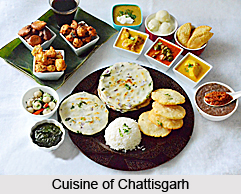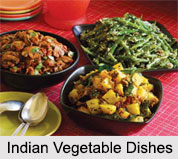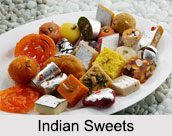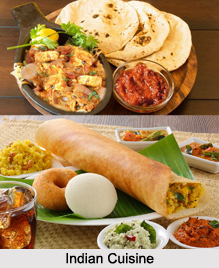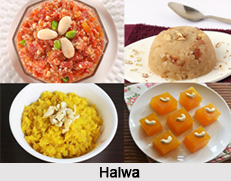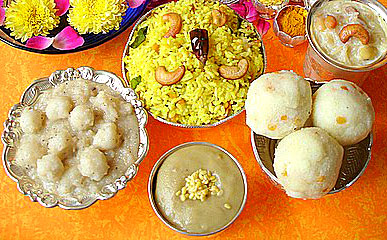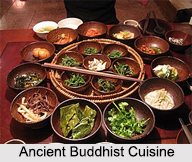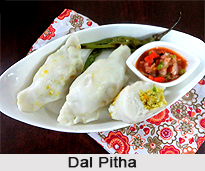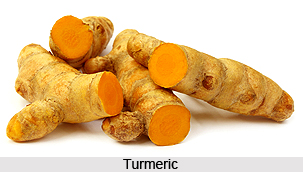Contraindication of food having two types, relative contraindication and Absolute contraindication which means the patient is at higher risk of complications, but these risks may be outweighed by other considerations or mitigated by other measures.
In Ayurveda, the ancient science of medicine, it is believed, that a combination of certain foods can affect the digestive system. In some cases it may also result in slow poisoning. Foods, which have opposite characteristics, like hot and cold, should not be consumed at the same time. In the daily diet, there are some fundamental dos and don`ts, which should be followed in order to maintain a sound and fit body.
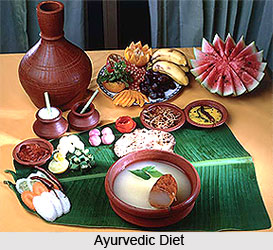 Equal quantities of certain food can be very dangerous at times, like one should never try to mix honey with ghee in equal quantity. Foods with opposite potencies (Veerya) should not be consumed together like fish is hot and milk is cold in nature. One should consume food according to the Prakriti. It is not good to take Vata Dosha aggravating diet for a person with Vata prakriti, like a person with Vata dosha should avoid rough, dry and cold food items.
Equal quantities of certain food can be very dangerous at times, like one should never try to mix honey with ghee in equal quantity. Foods with opposite potencies (Veerya) should not be consumed together like fish is hot and milk is cold in nature. One should consume food according to the Prakriti. It is not good to take Vata Dosha aggravating diet for a person with Vata prakriti, like a person with Vata dosha should avoid rough, dry and cold food items.
Ayurveda also recommends that one should consume diet that is opposite to the dosha involved in the disease. For instance, a person suffering from diarrhoea should not consume ripened banana and a person with fever should avoid spicy items. It is also recommended that honey should not be cooked. Time is also an important factor in cooking. Food should be consumed only when the previous food is digested. There should be a gap of almost two to three hours between eating food and going to sleep. Curd, which is otherwise nutritious, should not be consumed at night. Proper cooking is very important because food like rice if half cooked may cause problem in digestion.
A person should consume food depending on the digestion. A person with poor digestion should avoid meat or chicken. After a serious disease like jaundice or typhoid, a person should consume a light diet. Foods of opposite nature like garlic with honey and milk, radish with milk and so on should be avoided. Salt with milk should also be avoided.
